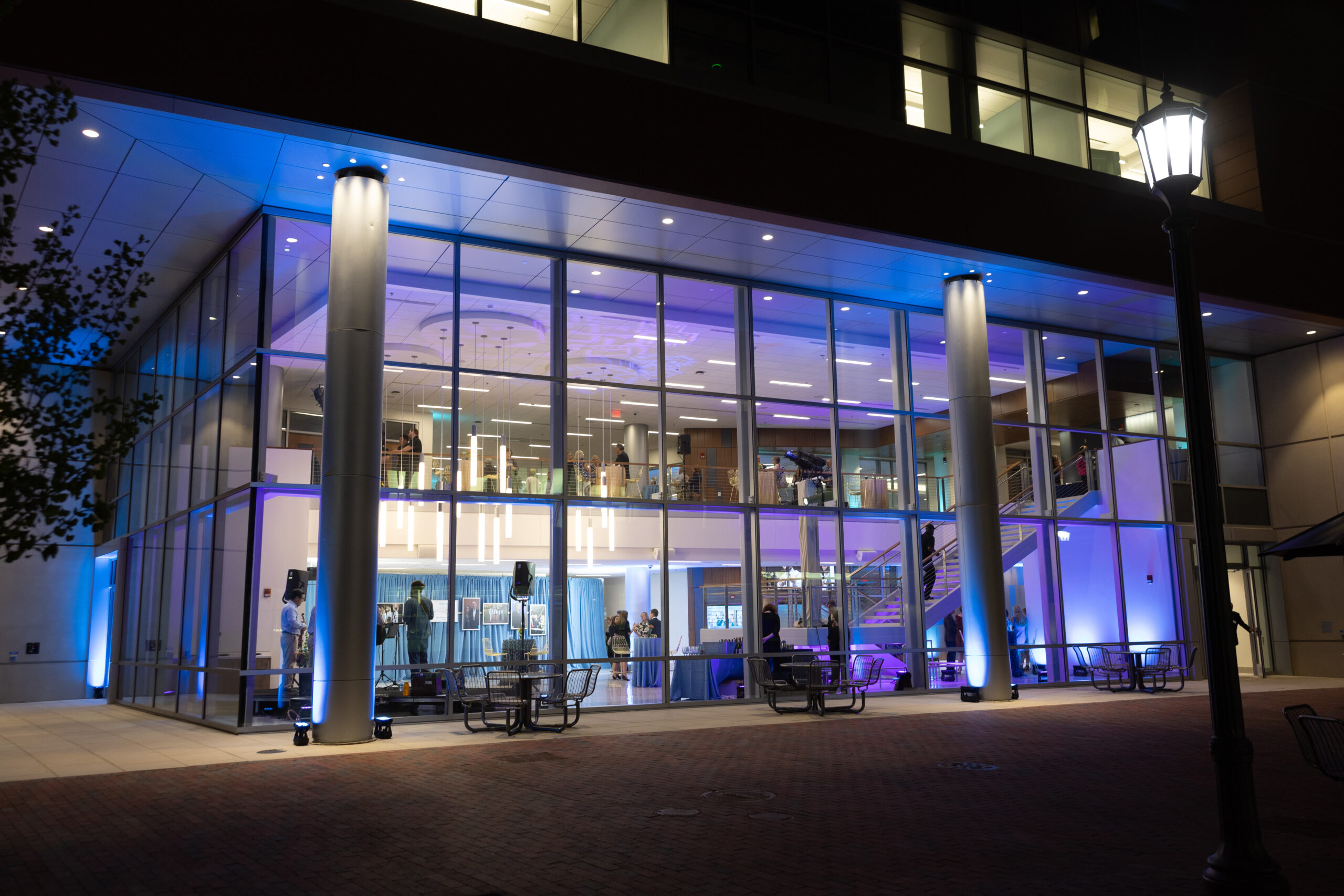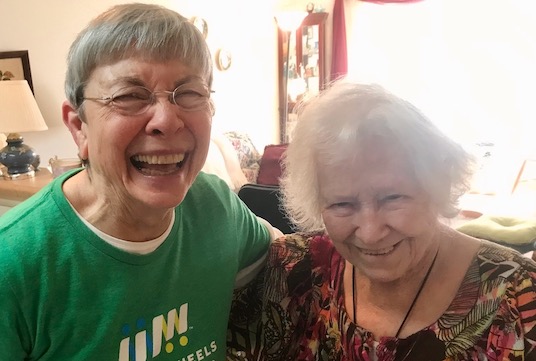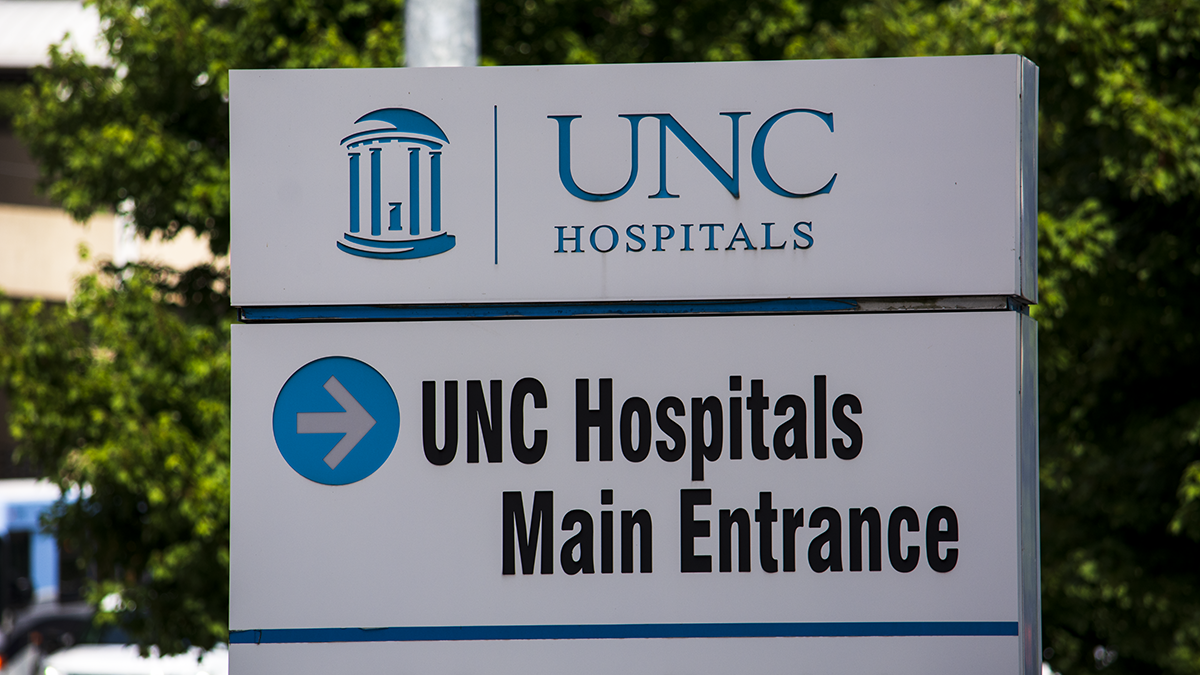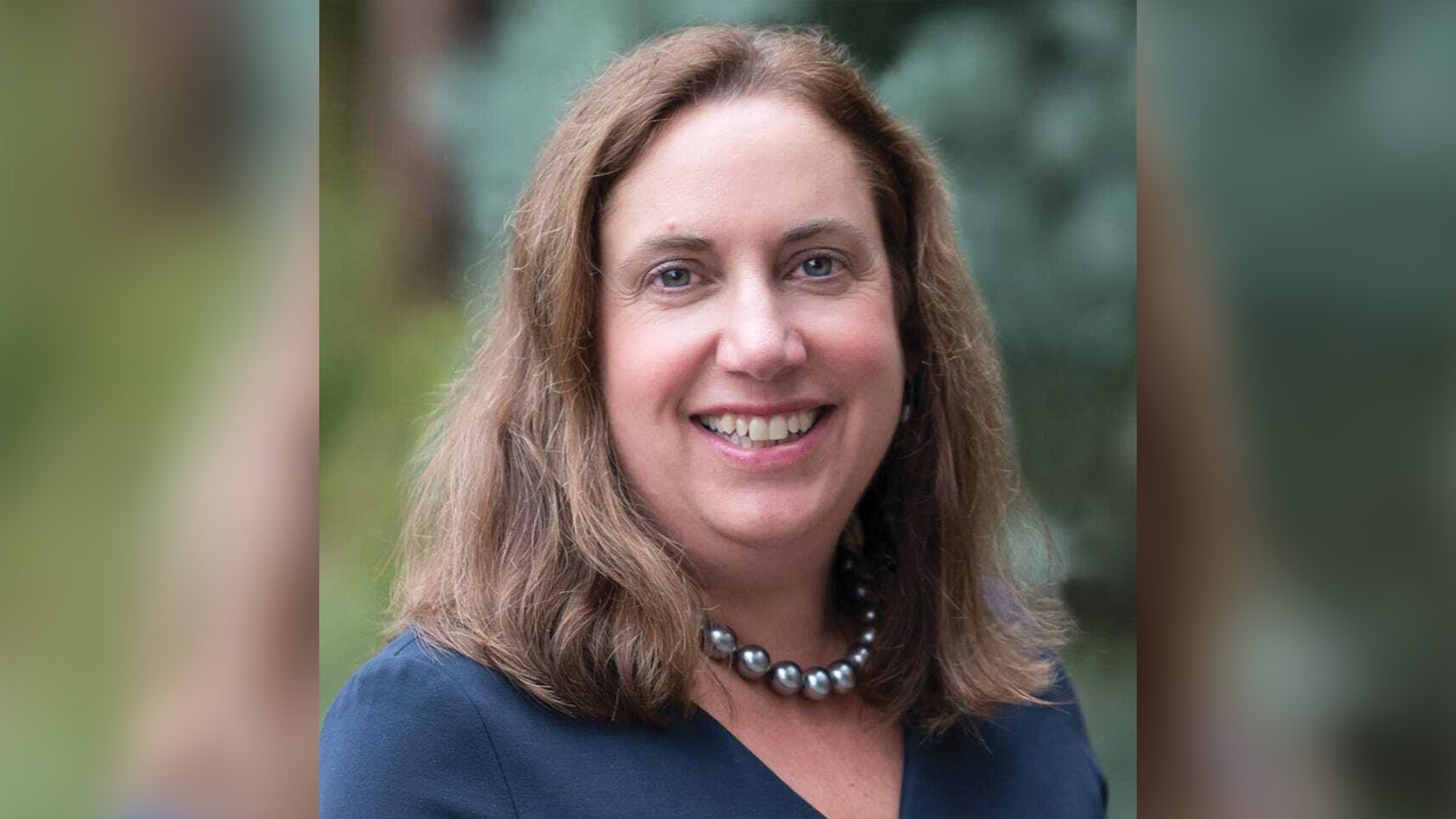UNC researchers have discovered that more than half of UNC’s emergency-room patients that are 65 or older suffer from poor nutrition.
“We know from other work that the emergency department is a unique environment which takes care of patients with a higher prevalence of limited access to routine care, and also financial limitations, said UNC Assistant Professor Tim Platts-Mill of the Department of Emergency Medicine. “So we thought the emergency department would be an important place to look at malnutrition.”
Platts-Mills is the senior author of a study by researchers at the University of North Carolina published online in the Annals of Emergency Medicine this past Tuesday.
It shows that more than half of 138 patients 65 or older who showed up in emergency rooms in UNC Hospitals over an eight-week period were either malnourished, or at risk for malnutrition.
Platts-Mills said that while there is no data that shows how much of a role malnutrition plays in the reasons for those emergency room visits, he said it’s likely significant.
He said it could often be a factor, for instance, when seniors get dizzy, or fall down. And it can be linked to poor bone health.
“There are lots of sort of downstream effects of not getting appropriate nutrition,” he said.
There can also be some downstream effects of chronic health problems that can prevent seniors from eating as well as they should. One of these is poor dental health, which can make eating difficult.
“Medicare does not pay for dental care,” said Platts-Mills. “So, if older adults get dental care, they have to have some sort of supplemental insurance specific to dental care in order to get it, or they have to pay out-of-pocket.”
Platts-Mills said it may help emergency physicians to explore some of the underlying factors that may be contributing to medical emergencies of seniors.
He also said he’d like to see more social-work personnel in emergency departments to identify malnourished senior patients and link them with resources that can help.
Executive Director Stacey Yusko of the Chapel Hill-Carrboro Meals on Wheels said that a lot of the seniors visited by her chapter struggle with depression, isolation, and loss of appetite. Many are not able to get out to stores to buy food.
And preparing food can be another difficult task.
“They might be able to pour a bowl of cereal in the morning, and get a meal from us at lunch, and then maybe have a little something for dinner” said Yusko. “But that’s a lot of work when you get older.”
She added that some older folks with memory issues can’t remember whether they’ve skipped an essential meal on some days. That’s what makes that lunchtime visit from Meals in Wheels so important.
Yusko said she’s not surprised that the study found a high percentage of malnutrition.
“We’re delivering to about 150 clients daily,” said Yusko. “And most of them, I would say, are on the normal-to-slender side. And when you look at the national weight picture in America, it’s not slender.”
Yusko said that her chapter of Meals on Wheels received some interesting evidence from CATCH of Central North Carolina last year.
CATCH stands for Care Transition to the Community and Home. It’s a program that strives to prevent re-admissions of seniors to emergency rooms within a month or so after the initial visit.
“And they said one of the things they found was that if there were guaranteed sources of food – of they knew someone was getting a meal everyday – that supported their health well enough until they recovered that they didn’t relapse.”
Meals on Wheels is not government-funded. It relies on fundraising. Yusko said her group is now working on its first-ever strategic plan, due to the rapidly increasing number of people it serves. The number has more than doubled from 65 to 150 over the past five years.
Yusko said she could use some volunteer drivers to help deliver meals to seniors, so if you’re interested, please call 919-942-2948.







Comments on Chapelboro are moderated according to our Community Guidelines